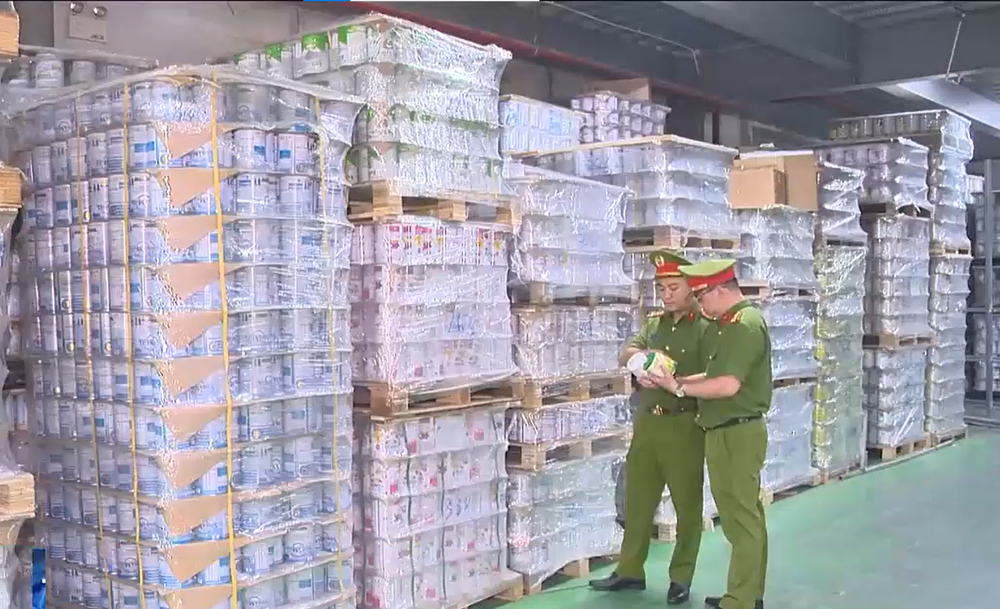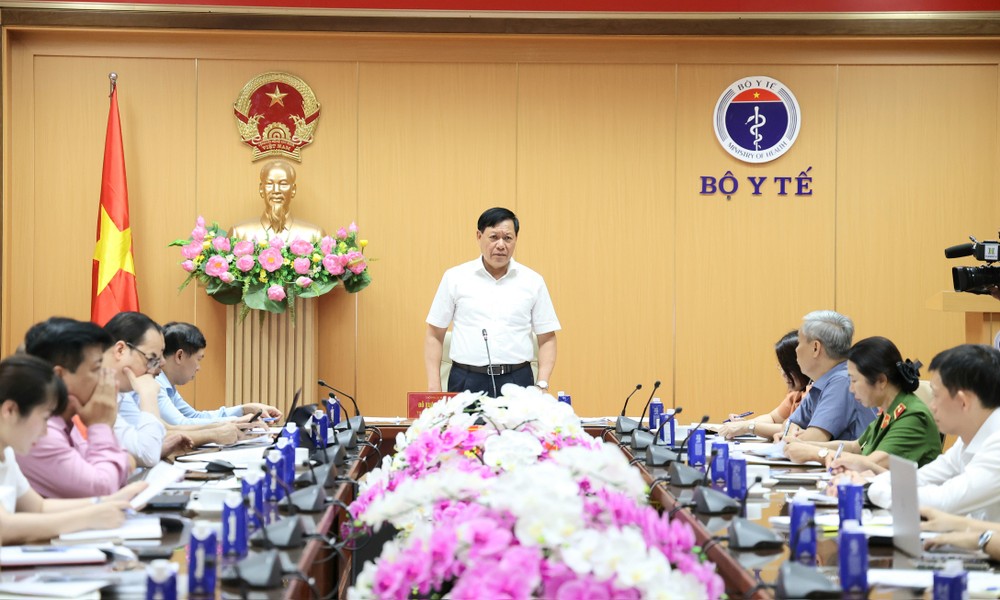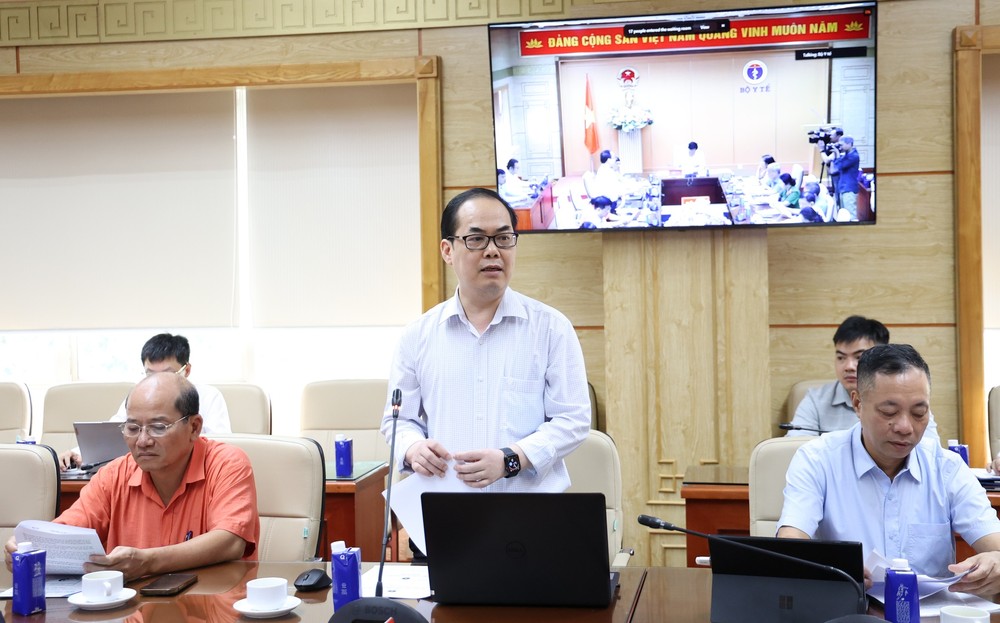
The Ministry of Health, on May 7, convened a high-level meeting with representatives from various ministries, sectors, and local authorities to address the management of pharmaceuticals, cosmetics, and food products, following a string of criminal investigations into counterfeit medicines, fake food items, and adulterated dairy products uncovered by law enforcement in several provinces.
During the meeting, Mr. Ta Manh Hung, Deputy Director of the Drug Administration of Vietnam (DAV), reported that in 2024, the ministry had deployed 80 inspection teams to audit manufacturing and trading establishments for compliance with Good Manufacturing Practice (GMP) standards. In parallel, the Ministry of Health's Inspectorate launched 50 investigative missions targeting pharmaceuticals, cosmetics, herbal medicines, and traditional remedies. These efforts have resulted in 46 administrative penalties, amounting to more than VND2.5 billion in fines.
Despite proactive coordination between the Ministry of Health and other government bodies to combat counterfeit and substandard drugs, violations related to the manufacture and distribution of fake or poor-quality medicines remain inadequately addressed.
The fight against counterfeit pharmaceuticals continues to face systemic challenges, particularly due to insufficiently stringent penalties under existing administrative regulations. Current sanctions lack the necessary deterrent effect, especially when dealing with products of unclear origin or counterfeit labels. Additionally, widespread non-compliance among retail pharmacies—including improper storage and unauthorized transactions—creates loopholes that allow counterfeit drugs to infiltrate the supply chain.

In response, the DAV has proposed a series of urgent measures, calling on ministries, sectors, and localities to review and strengthen legal frameworks governing the production and sale of counterfeit drugs and untraceable pharmaceutical products. The agency recommends increasing administrative fines for such violations, particularly in cases not severe enough to warrant criminal prosecution. It also advocates for supplementary sanctions on individuals and organizations selling drugs without invoices or documentation, as well as on those dealing in counterfeit or unregistered medicines.
Finally, the DAV urged a comprehensive review of the roles and responsibilities of relevant agencies to ensure clearer accountability and enhance the effectiveness of pharmaceutical oversight—especially in inspecting, monitoring, and cracking down on the illicit production and trade of counterfeit, substandard, or untraceable drugs.
In the area of food safety, Mr. Nguyen Hung Long, Deputy Director of the Vietnam Food Administration (VFA), noted that counterfeit food products are becoming increasingly complex and widespread in Vietnam. These fake goods are often produced with sophisticated techniques that make them difficult to distinguish from authentic items and are primarily distributed through retail channels, social media platforms, and e-commerce sites.

To combat the growing threat of counterfeit food, Mr. Nguyen Hung Long stated that the Ministry of Health will continue working with other ministries and sectors to strengthen food safety regulations, enhancing legal frameworks, proposing harsher penalties for violations, and developing a national food safety database that integrates information from central to local levels to better manage and monitor food producers and distributors.
The VFA also urged the Ministry of Public Security to promptly conclude investigations into cases involving the production and distribution of counterfeit food. The Ministry of Industry and Trade was called on to intensify inspections and enforcement against violations related to fake food and commercial fraud in the food sector, in line with its assigned responsibilities. Local authorities were asked to take strict action against violators and immediately refer cases to the police when signs of criminal activity are detected.
Chairing the meeting, Deputy Minister of Health Do Xuan Tuyen emphasized the need for more fundamental and resolute solutions to tighten oversight at every stage—from importation and production to distribution and consumption. He stressed that although Vietnam’s legal framework on pharmaceuticals and food safety is largely complete, recent cases involving counterfeit drugs, food, and cosmetics have sparked public concern. Therefore, it is essential to review institutional shortcomings, amend outdated provisions, and ensure more effective inter-agency coordination to protect public health, safety, and consumer rights.
























